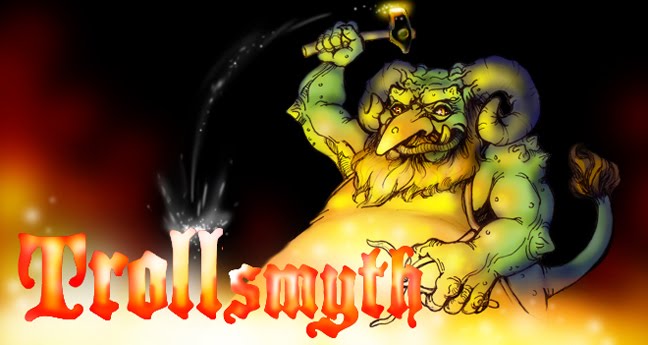The design decision seems to have been to move away from resource management -- of any sort -- as a minigame in D&D. This really does make it "not D&D" in a lot of ways, but looking at the crunch we're finally getting, it seems like they've added in complexity in other areas to make up for it. It's a very different gaming experience, but it looks like (contrary to my earlier fears) it will still be tactically challenging.
And this from Lizard, who has been fairly negative on all the stuff he's heard so far. Time will tell, but I've gone from disinterested to intrigued, though I'm still doubtful I'll play this game.




